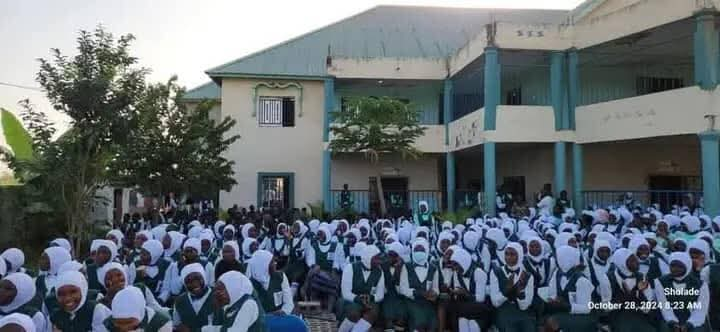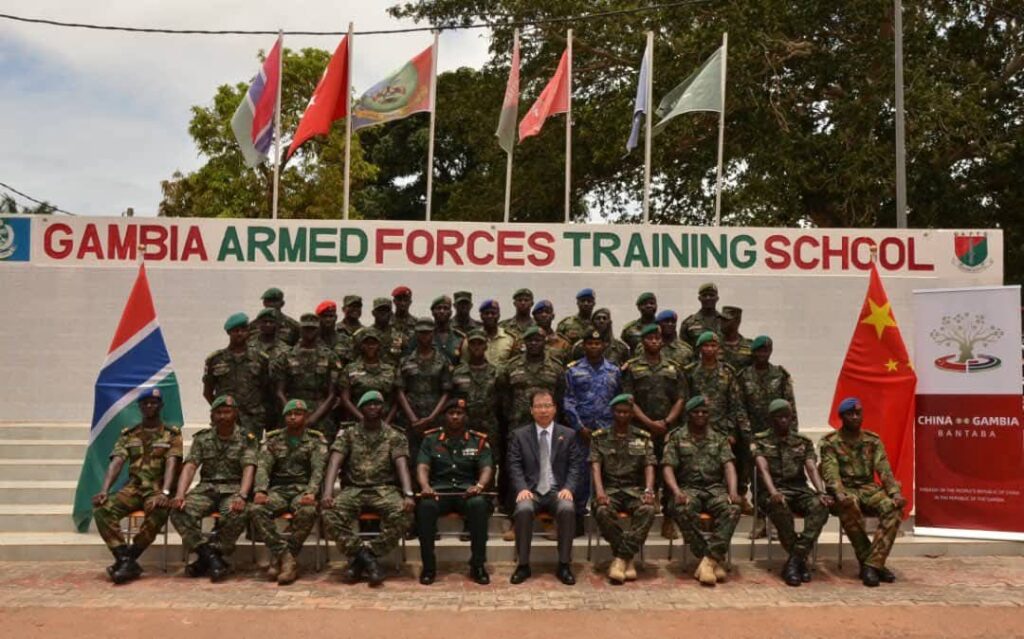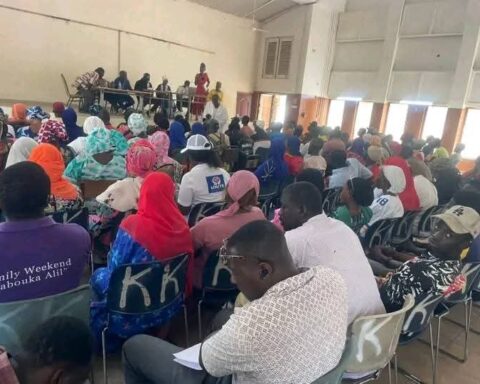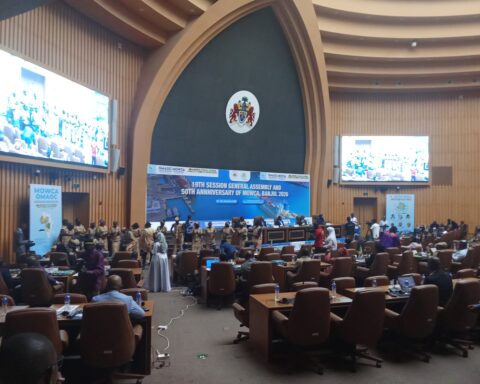In a country where access to rural education remains a pressing challenge, one man’s vision is transforming a village near Brikama, not just through classrooms, but chickens, crops and a radical belief in self-reliance.
On the edge of Jalambang, a remote village in the outskirts of Brikama where dirt paths wind through scrubland and birdsong fills the air, Muctarr Bojang, popularly known as Mucki, strolls across the school grounds he built from scratch. He pauses to wave at a line of children heading to class, their sandals kicking up dust.
“They know what to do if they see a snake,” he says, smiling. “And what to do if one bites.”
Wildlife, it turns out, is part of the curriculum at Mansa-Colley Bojang nursery and Lower Basic School. But so are agriculture, nutrition and a deep sense of ownership, all rare in rural Gambian schools. Founded in 2010, the school now serves over 500 pupils, a far cry from the 38 children Mucki first welcomed into three borrowed classrooms.
“I came here as a birdwatcher,” he says, recalling the moment everything changed. “I used to bring tourists to see colourful birds. But then I realised there was no school. The nearest one was six kilometres away. That’s when I knew I had to do something.”
With help from a Rotary Club in the Netherlands, Mucki began building what would become the first school many in the community had ever known. Classrooms went up. Desks arrived. And soon, the children came; dozens, then hundreds and now nearly 2000.
A school fed by chickens and onions
Behind the main building, Mucki opens the door to a chicken house humming with life. This is no petting zoo. It’s a vital part of the school’s self-sufficiency model. With support from another Rotary Club, this time in Cambridgeshire, the school’s poultry project now produces around 400 eggs a day.
“We sell some to restaurants, use others for school meals and with the money, we buy stationery for the kids,” Mucki explains. “Nothing is wasted.”
Next to the chicken house lies the garden, the true heart of the school’s food programme. Neatly arranged beds of onions, tomatoes and black-eyed beans stretch out across the yard, each marked with a board painted with a student’s name: Yusuf Abdullahi, Fatou Jatta.
Every child from the age of seven is given a plot to tend. “The more you grow, the more you eat,” says Mucki, explaining how yields from each garden bed directly influence lunch portions. “We’re not punishing anyone. It just means if you only grow a little, you might only get a quarter loaf of bread.”
It’s a simple system, but it drives serious motivation. Children arrive before dawn to water their plants while the sun is low and return in the evening to tend their crops.
“They love it,” Mucki says. “Because what they grow, they eat. It gives them pride. We say: grow what you eat, eat what you grow.”









Istanbul food tour Enjoyed the mix of walking and transportation. https://gamereleasetoday.com/?p=3152684
wgxhoa
**mitolyn**
Mitolyn is a carefully developed, plant-based formula created to help support metabolic efficiency and encourage healthy, lasting weight management.